
The Oxford English Dictionary (OED) is the principal historical dictionary of the English language, published by Oxford University Press (OUP), a University of Oxford publishing house. The dictionary, which published its first edition in 1884, traces the historical development of the English language, providing a comprehensive resource to scholars and academic researchers, and provides ongoing descriptions of English language usage in its variations around the world.
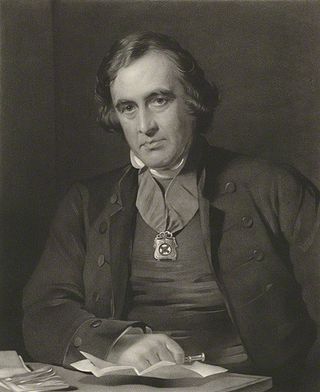
Richard Chenevix Trench was an Anglican archbishop and poet.
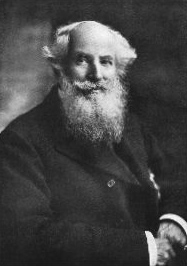
Frederick James Furnivall was an English philologist, best known as one of the co-creators of the New English Dictionary. He founded a number of learned societies on early English literature and made pioneering and massive editorial contributions to the subject, of which the most notable was his parallel text edition of The Canterbury Tales. He was one of the founders of and teachers at the London Working Men's College and a lifelong campaigner against injustice.
Henry Bradley, FBA was a British philologist and lexicographer who succeeded James Murray as senior editor of the Oxford English Dictionary (OED).
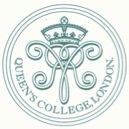
Queen's College is a private day school for girls aged 11–18 with an adjoining prep school for girls aged 4–11 located in the City of Westminster, London. It was founded in 1848 by theologian and social reformer Frederick Denison Maurice along with a committee of patrons. In 1853, it was the first girls' school to be granted a Royal Charter for the furtherance of women's education. Until 2024, the college patron had always been a British queen.

Herbert "Herbie" Coleridge was an English philologist, technically the first editor of what ultimately became the Oxford English Dictionary. He was a grandson of the poet Samuel Taylor Coleridge.
Richard Morris, was an English philologist and priest of the Church of England.
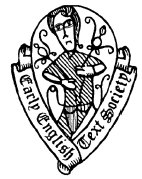
The Early English Text Society (EETS) is a text publication society founded in 1864 which is dedicated to the editing and publication of early English texts, especially those only available in manuscript. Most of its volumes contain editions of Middle English or Old English texts. It is known for being the first to print many important English manuscripts, including Cotton Nero A.x, which contains Pearl, Sir Gawain and the Green Knight, and other poems.
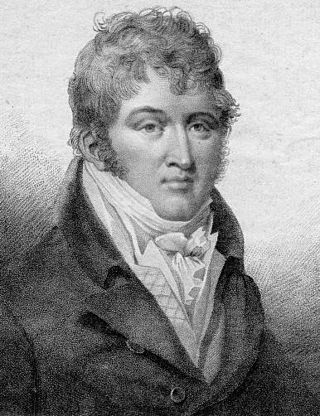
Richard Chenevix was an Irish chemist, mineralogist and playwright who also wrote on a range of other topics. He was known for his sharp cynicism and for engaging in combative criticism.
Events from the year 1807 in Ireland.
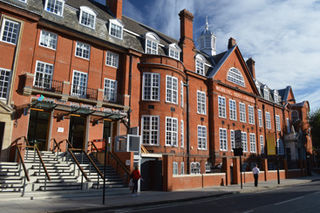
The Working Men's College, is among the earliest adult education institutions established in the United Kingdom, and Europe's oldest extant centre for adult education. Founded by Christian socialists, at its inception it was at the forefront of liberal education philosophy. Today the college has two centres in the London Borough of Camden.
Robert Henry Robins, FBA, affectionately known to his close ones as Bobby Robins, was a British linguist. Before his retirement, he spent his entire career at the Department of Phonetics and Linguistics at the School of Oriental and African Studies of the University of London.
Francis Chenevix Trench (1805–1886) was an English divine and author.
The International Congress of Linguists (ICL) takes place every five years, under the governance of the Permanent International Committee of Linguists (PICL) / Comité International Permanent des Linguistes. The 19th ICL was held in Geneva, Switzerland in 2013. The 20th ICL was held in Cape Town, South Africa from 2–6 July 2018 on the topic of "The Diversity of Language". The next (21st) ICL was originally planned to take place in Kazan (Tatarstan), Russia) from 25 June to 2 July 2023. However, due to the Russian invasion of Ukraine, the venue was changed and the Congress moved by one year. It is now planned to take place in Poznań at the Adam Mickiewicz University, 8-14 September 2024.
Leonard Robert Palmer was author and Professor of Comparative Philology at the University of Oxford from 1952 to 1971. He was also a Fellow of Worcester College, Oxford. Palmer made some significant contributions to the study of Classical languages, and in the area of historical linguistics.

Anna Elbina Morpurgo Davies was an Italian philologist who specialised in comparative Indo-European linguistics. She spent her career at Oxford University, where she was the Professor of Comparative Philology and Fellow of Somerville College.
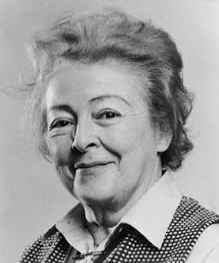
Eugénie Jane Andrina Henderson was a British linguist and academic, specialising in phonetics. From 1964 to 1982, she was Professor of Phonetics at the University of London. She served as Chair of the Linguistics Association of Great Britain from 1977 to 1980, and President of the Philological Society from 1984 to 1988.
Lutz Marten is a German linguist and africanist. He is currently professor of general and African linguistics at SOAS University of London. Between 2020 and 2024, he was the editor of the Transactions of the Philological Society. As of June 2024, he serves as the president of the Philological Society.
Cornelius Beach Bradley was an American English-language scholar. He served as professor of rhetoric at the University of California, Berkeley, and also extensively studied the Thai language.










